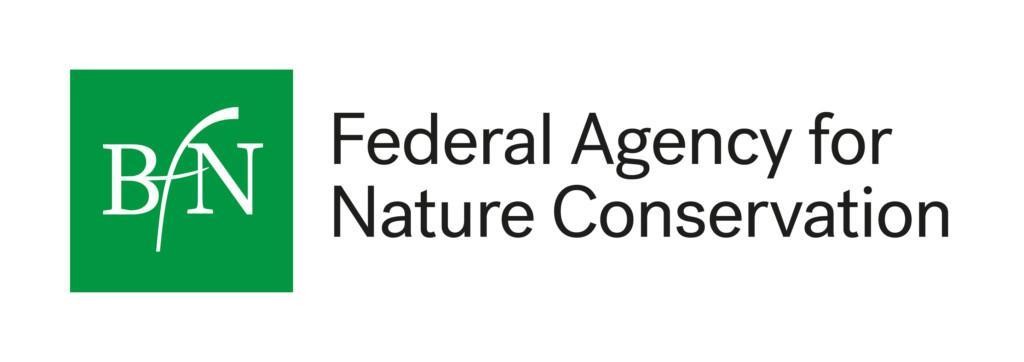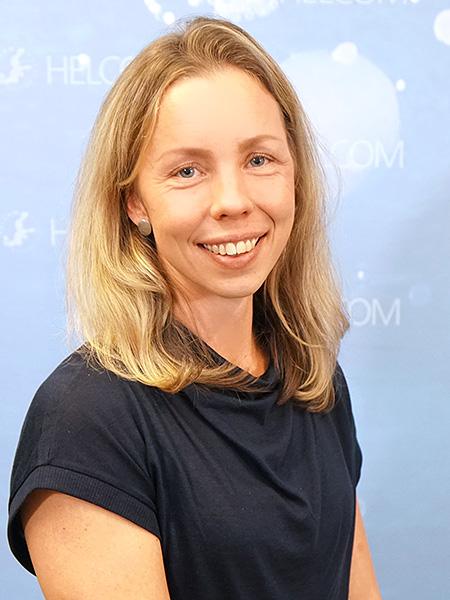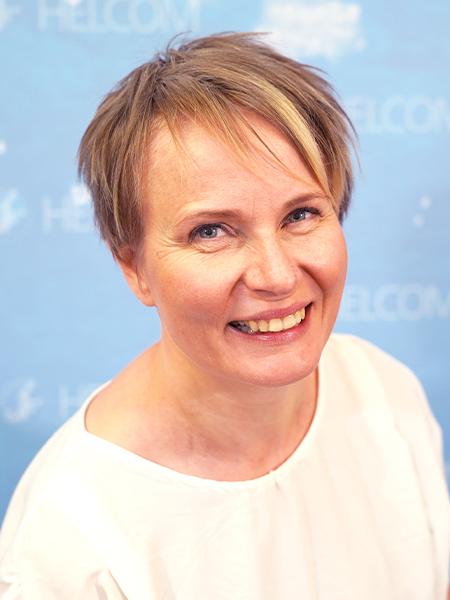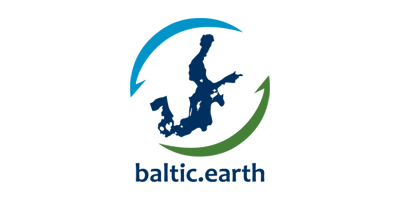26-27 September 2022, online

Outcome
Annexes
Programme – Day 1
27 September 2022, 14:00–17:00 EEST
Moderation: Jannica Haldin, Deputy Executive Secretary, HELCOM
14:00–14:05 Welcome remarks, Jannica Haldin, HELCOM
14:05–14:20 Opening remarks
- Sebastian Unger, First Marine Commissioner, Federal Ministry for the Environment, Nature Conservation, Nuclear Safety and Consumer Protection of Germany
- Marcus Reckermann, Head of the International Baltic Earth Secretariat
- Rüdiger Strempel, Executive Secretary, HELCOM
14.20–15:55 Climate Change in the Baltic Sea – state of affairs
14:20–15:00 Baltic Earth/HELCOM fact sheet on climate change in the Baltic Sea. Markus Meier, Chair of the Baltic Earth Science Steering Group, Leibniz Institute for Baltic Sea Research Warnemünde
15:00–15:15 Blue Carbon in the Baltic Sea Region – Excerpts from HELCOM Workshop 2021. Manuela Krakau, Scientific Officer, German Environment Agency (UBA)
15:15–15.35 Break
15:35–15:55 Climate projections for the Baltic Sea Region. Erik Kjellström, Climate researcher, Swedish Meteorological and Hydrological Institute (SMHI)
15:55–16:55 What is the added value of regional level work to climate change mitigation? Panel discussion
- Johanna Källén Fox, Director, WWF Baltic Ecoregion Programme
- Markus Meier, Chair of the Baltic Earth Science Steering Group, Leibniz Institute for Baltic Sea Research Warnemünde
- Henna Rinne, Senior Specialist, Ministry of the Environment of Finland
- Evija Šmite, Chair of HELCOM, Deputy Director General and the Director of Fisheries Control Department, State Environmental Service of Latvia
- Rüdiger Strempel, Executive Secretary, HELCOM
16:55–17:00 Closing remarks, Jannica Haldin, HELCOM
Programme – Day 2, Workshop
(NB: by invitation only)
27 September 2022, 10:00–16:00 EEST
- Station: science
- Station: policy
- Station: management
What is this about?
The effects of climate change are already evident in the Baltic Sea. However, they are often not easy to understand and can be difficult to distinguish from other anthropogenic pressures. Both climate change and other human-induced pressures vary significantly between different regions in the Baltic Sea, ruling out simple management solutions and a one-size-fits-all approach that could be applied across the entire region.
Centered around the theme of climate change in the Baltic Sea, the Baltic Stakeholder Conference – Climate Change in the Baltic Sea (BSC2022) is part of our efforts to disseminate knowledge on the regional effects of climate change. The BSC2022 will allow us to gather fresh views on climate change mitigation and adaptation from policymakers and all other stakeholders in the Baltic Sea region.
The BSC2022 will be held online on 26-27 September 2022, hosted by Germany and Baltic Earth. The webinar on Day 1 is open to all, and the workshop on Day 2 is by invitation only.
The stakeholder conference, an annual HELCOM tradition, had to be postponed from 9-10 March 2022 due to the political situation and the following strategic pause of HELCOM. We are glad to be able to proceed with organizing the event, with the host country Germany (HELCOM Chair July 2020 – June 2022).
Registration
Day 1 – webinar
26 September 2022, 14:00-17:00 EEST
(closed)
All you need to know about climate change and its effects in the Baltic Sea: presentation of the Climate Change in the Baltic Sea Fact Sheet, presentation of the outcomes of the HELCOM Blue Carbon Workshop, and panel discussions and Q&A sessions with leading climate change experts and policy makers.
Day 2 – workshop
27 September 2022, 10:00-16:00 EEST
(closed)
Day 2 attendance is by invitation only and restricted to 100 participants on a first come, first served basis. Invitations will be sent out to HELCOM, Baltic Earth and other relevant stakeholders. Already registered participants from March 2022 will be prioritized. If you haven’t received an invitation but believe having a good reason to attend, send us an email (see contacts below). You will then be placed on a waiting list. Please note that there is a separate registration procedure for Day 2 (see details in the invitation email).
Objectives of the BSC2022
This BSC2022 will facilitate a lively discussion among our stakeholders about HELCOM work on the protection of the Baltic Sea in the context of a changing climate. The Climate Change in the Baltic Sea Fact Sheet (2021) will also be presented and serve as a basis for looking into the issues of climate-related communication and policymaking. The results from the joint HELCOM and UBA/BfN Blue Carbon Workshop 2021 are also expected to be incorporated into one of the thematic sessions and fuel the discussions on management options for climate change adaptation and mitigation.
The specific objectives of the BSC 2022 are to:
- Present the findings of the multifaceted HELCOM/Baltic Earth Climate Change Fact Sheet and determine how it can best be used to support marine protection processes;
- Identify options for integrating climate change mitigation and adaptation considerations into HELCOM activities and instruments (and vice versa), and look into the specific role of HELCOM regarding climate change action;
- Identify possible management options regarding mitigation of and adaptation to the effects of climate change, such as Blue Carbon but also those that aim at strengthening the ecosystem’s resilience such as nutrient load reductions, climate refuges and MPAs, and fisheries, as well as to discuss the outcomes of the joint HELCOM and UBA/BfN Blue Carbon Workshop 2021;
- Identify steps and opportunities for the implementation of the climate change related actions and measures contained in the BSAP.
Partners
The BSC2022 is hosted by Germany – BfN and UBA – in conjunction with Baltic Earth.

The Federal Agency for Nature Conservation in Germany (BfN) is the German government’s scientific authority with responsibility for national and international nature conservation.
Baltic Earth will address the underlying science related to climate change. Baltic Earth is co-leading the EN CLIME network with HELCOM and has co-developed the Baltic Sea Climate Change Fact Sheet.
The German Environment Agency UBA has worked to protect the environment since 1974. In BSC022 its key focus is on the management aspects of climate change, including adaptation and mitigation measures.
Contacts

Laura Meski
laura.meski@helcom.fi

Johanna Laurila
johanna.laurila@helcom.fi


